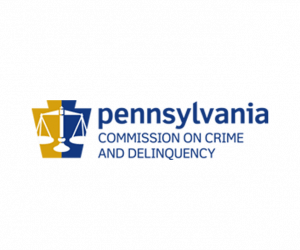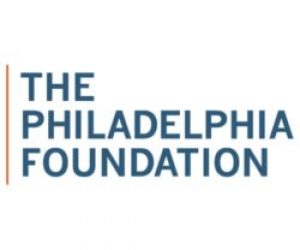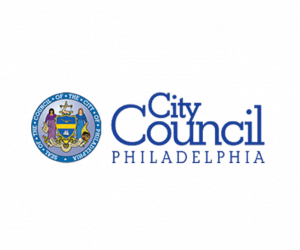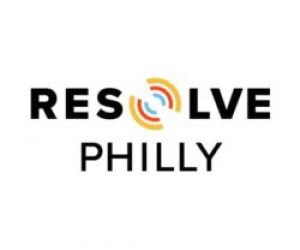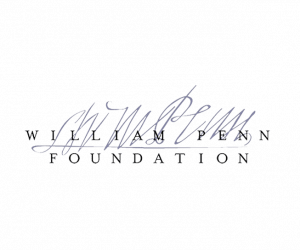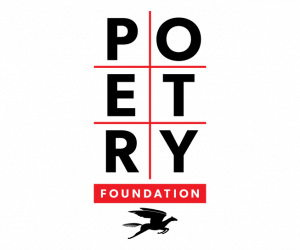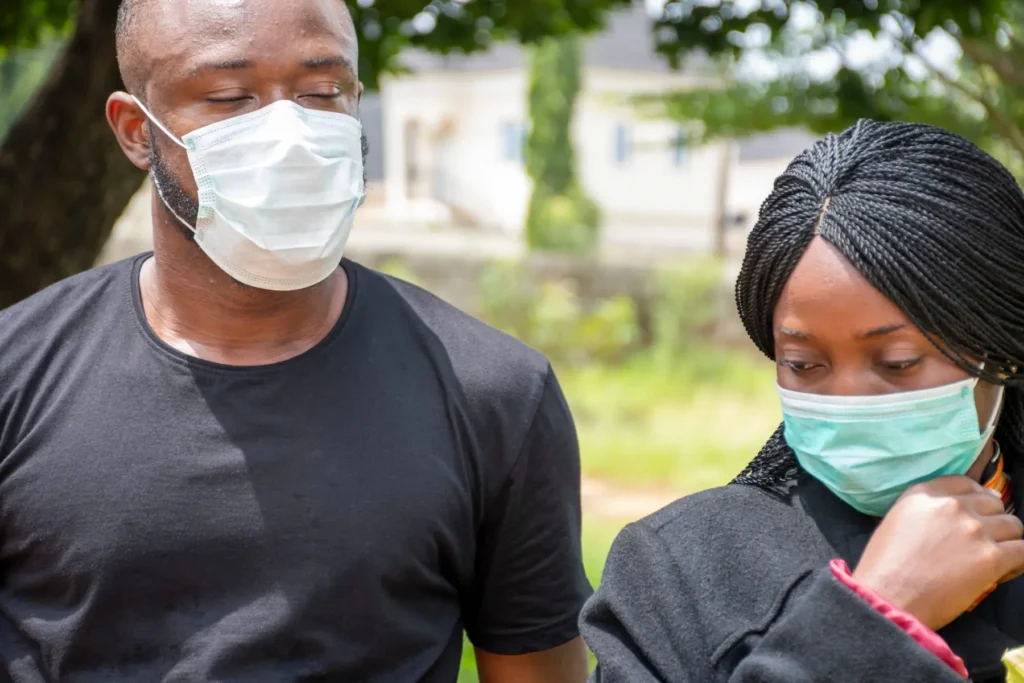
By Denise Clay-Murray
A look at social media platforms like Instagram reveals what many who are working to stem the tide of gun violence say; that much of the gun violence seen in Philadelphia is the result of arguments and disagreements. This circumstance can result in detectives determining that a victim contributed to his, her or their own death. In that case, victims’ families may find themselves ineligible to receive victims’ resource funds from the Pennsylvania Commission on Crime and Delinquency (PCCD).
These are the kinds of stories Dorothy Johnson-Speight, founder and CEO of the advocacy group Mothers In Charge, hears often.
“I had a mom a few years ago, whose son was murdered by a friend,” she said. “When she applied for funding for the burial, his family was denied the money because [PCCD] said that he participated in his own death.”
Although many families of those hurt or killed due to gun violence don’t realize it, the process of getting the help they need for their loved ones begins at the scene of the crime.
“When police arrive on the scene to begin their investigation, what they learn influences the decisions that the Pennsylvania Commission on Crime and Delinquency makes regarding victims’ assistance,” said Stacie Brendlinger, Victims’ Assistance Manager for PCCD.
“Our decisions are based on the information that we’re getting from law enforcement,” Brendlinger said. “Any claim that we receive, we are required to get a police report. We make a request to the police department for the investigative report. If that can’t be released, and there’s an arrest, we will sometimes get the affidavit of probable cause or a criminal complaint and we also send [the police] a questionnaire to be completed. We try to gather all of the information we can before we make a decision.”
To begin the paperwork needed to get assistance, families are connected to victims assistance officers in the district where the crime occurred. The victims assistance officer gives or sends the family the paperwork needed to start the process of applying for assistance.
If the information police share with PCCD indicates that a death may have been caused by the victim’s actions or interactions, the family can be denied compensation for things like funeral expenses, medical expenses and time off from work. For example, if the initial investigation concludes a person who was shot recently argued with the suspect or was thought to be involved in a crime at the time, the victim’s family could be denied access to resources that are earmarked for victims’ families.
For many families, the compensation is significant. According to PCCD, a family can receive up to $35,000 on a claim. Within that total, there are individual caps. For example, the most that can be given for funeral expenses is $6,500. Earnings loss reimbursement has a $15,000 maximum. The cost of witness relocation and home renovations to accommodate disabilities comes out of the $35,000.
Denied requests can add immeasurable stress to a grieving family’s experience.
“The hard part is that this person is deceased,” said Chantay Love, Program Manager for the advocacy group Every Murder Is Real [EMIR], based in Germantown. “They’re already gone and the people that you’re hurting are the ones that are paying to bury them. [They say] I didn’t play a part in their demise. Why am I being punished?”
PCCD hears these concerns a lot. Brendlinger, the organization’s victims’ assistance manager, agrees that it’s unnecessarily punitive, but is optimistic that a legislative fix may be on the way.
“There is currently proposed legislation with the [Pennsylvania] House and Senate that would increase our filing timeline from two years to five years,” she said. “It would also eliminate the illegal activity part in the case of homicides and would allow us to pay for funeral expenses.”
But until that law is passed, victims who are denied assistance can access PCCD’s appeals process. Within 30 days of receiving notice of denial, a family can file an appeal and ask that their application be reconsidered. They can submit new information and provide answers to questions that weren’t or couldn’t be answered in the first application. If still denied, families can request a hearing.
That’s where people like Melany Nelson come in.
Nelson, the Executive Director of Northwest Victim Services in Germantown, spends a lot of her time trying to help families deal with gun violence and get help for things such as medical bills, housing modifications, time lost from work and funeral expenses.
She also helps families navigate the appeals process.
“I had a mother who came to me,” Nelson said. “She says her son was murdered by his girlfriend, and the claim for financial resources was denied.” The mother appealed. And following a virtual hearing that included the Philadelphia Police detective on the case, PCCD, the family got the help it needed.
Wellness and victims’ advocates are keeping a close eye on the progress of Senate Bill 708, the bill that would help families like Nelson’s.
If you or someone you know is a victim or co-victim of gun violence, here are some organizations that help people with resources for emotional and financial support.


